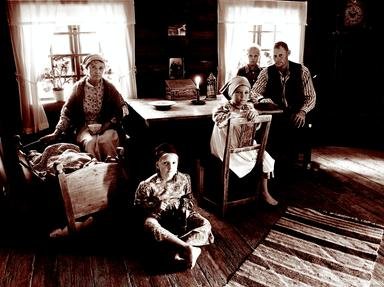Quiz Answer Key and Fun Facts
1. Reconstruction is classified as the period from 1863 to 1877. Which of the following presidents served before the start of Reconstruction?
2. Andrew Johnson's program of Reconstruction was rather light on former Confederates. Other than refusing to pardon high profile Confederates such as Jefferson Davis, he refused to pardon one other large group. Who were they?
3. The Fourteenth Amendment was introduced in April, 1866. What precedent did it nullify?
4. Andrew Johnson holds the title for the first president ever to be impeached. What law did he violate which led the Congress, controlled by the Radical Republicans, to impeach him?
5. Which of the following words was introduced to the Constitution by the Fourteenth Amendment?
6. All of the following helped to end Reconstruction EXCEPT
7. The Presidential Election of 1876 had disputed results in 3 states. Which of the following DID NOT have disputed results?
8. All of the following occurred during Reconstruction except what?
9. Which of the following states had a black majority in the population during Reconstruction?
10. Which of the following was NOT a cause of the loss of Republican majorities in state legislatures at the end of Reconstruction?
11. Both the Black Codes and Jim Crow laws did all of the following except what?
12. Which of the following were not attempts at re-establishing something like slavery?
13. This man, who was beaten with a cane on the floor of the Senate before the Civil War, became a leader of the Radical Republicans during Reconstruction.
14. When readmitted to the Union, the former Confederate states had more representatives than before the war. Why?
15. Sharecropping was based on all of the following EXCEPT what?
Source: Author
Shanoyu
This quiz was reviewed by FunTrivia editor
gtho4 before going online.
Any errors found in FunTrivia content are routinely corrected through our feedback system.


